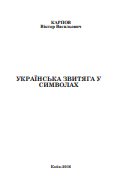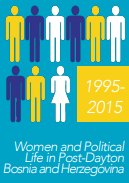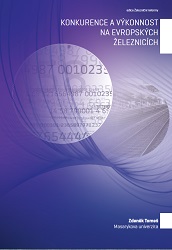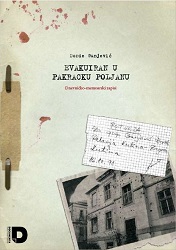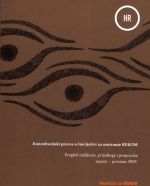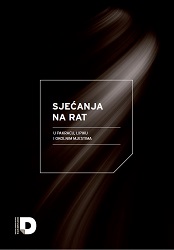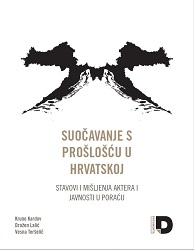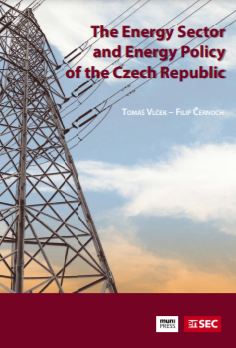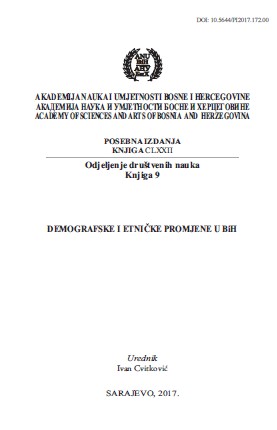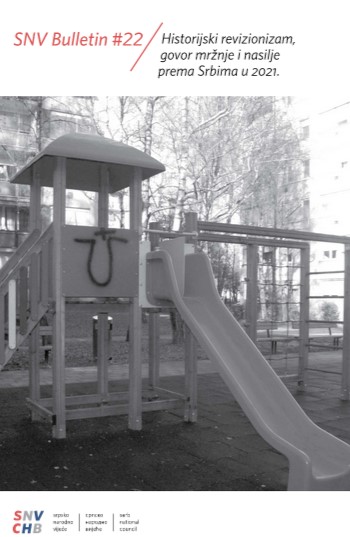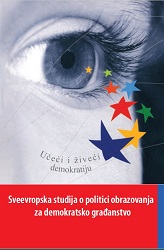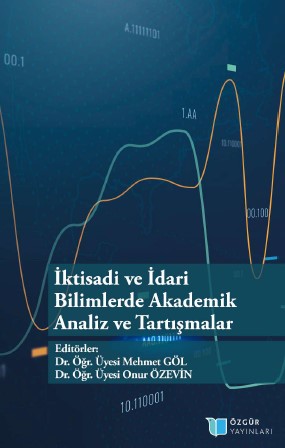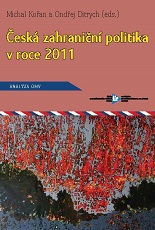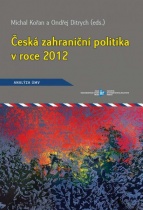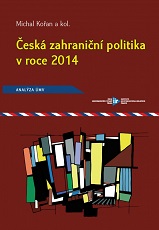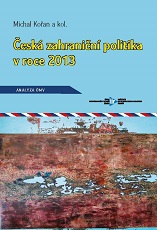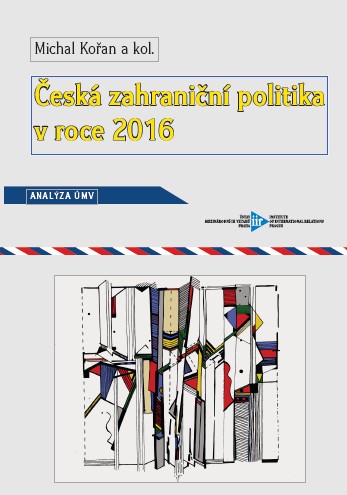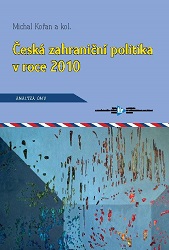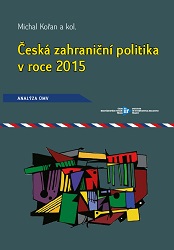Author(s): Đorđe Gunjević / Language(s): Croatian
Dnevničko-memoarski zapisi Đorđa Gunjevića, ratnog pomoćnika povjerenika Vlade za Pakrac zaduženog za zdravstvo i socijalnu skrb, tekst je koji ukazuje na sudbinu pojedinca u vihoru Domovinskoga rata, ali i na sudbinu zajednice. Gunjević je svoj posao pomoćnika povjerenika, koji je potrajao nešto više od mjesec dana, radio u ekstremno teškim ratnim uvjetima u Pakracu. Glavna točka njegovog posla bio je Medicinski centar, velika i ugledna zdravstvena ustanova, koja je bila samo dvjestotinjak metara udaljena od položaja pobunjenih Srba. Tko je bio u Pakracu i vidio gdje je Medicinski centar, a gdje su bili položaji pobunjenika, zna da im je bolnica bila kao na dlanu, doslovce na puškomet, i zna da nisu morali ni nišaniti da bi je pogodili. Pakrac je od kraja kolovoza, pa sve do potpisivanja Sarajevskog primirja bio jedna od žarišnih točaka u Domovinskom ratu. Istina, nikad toliko pod lupom javnosti poput Vukovara ili Dubrovnika, ali kada je početkom 1992. godine potpisano Sarajevsko primirje, Pakrac je, baš kao i obližnji Lipik, bio jedan od najrazrušenijih hrvatskih gradova. U takvim nemogućim okolnostima trebalo je nekako djelovati i koliko je to bilo moguće održavati red u Medicinskom centru u kojem je i pri kraju rujna 1991. godine još uvijek bilo više od 300 pacijenata, od toga njih 275 na Psihijatriji. Gunjević je osmislio, a u dogovoru s Ministarstvom zdravstva i svojim pakračkim suradnicima i suradnicama proveo važnu, rizičnu, humanu, ali i nužnu operaciju - evakuaciju Medicinskog centra. Nagrada za to bio mu je, zbog njegove nacionalne pripadnosti, „boravak“ u Pakračkoj Poljani, pod zapovjedništvom Tomislava Merčepa, jednoj od najtamnijih i najsramotnijih točaka Domovinskog rata. Tako se je klatno sudbine u Gunjevićevu slučaju gibalo vrlo brzo: od vrhunca zbog uspješne evakuacije do propasti i razmišljanja o samouništenju na Pakračkoj Poljani u samo nekoliko dana. Gunjevićevi zapisi nisu, međutim, samo knjiga o njegovoj osobnoj sudbini. To je knjiga o tome koliko jedna zajednica može u ratu brzo propasti, odnosno, preciznije rečeno, koliko brzo može biti prisiljena na propast. U samo nekoliko dana Pakrac se našao na popisu mjesta u Hrvatskoj koja su krajem ljeta i početkom jeseni za vrijeme pobune i agresije na Hrvatsku, mimo svoje volje, civilizacijski propadala. U samo nekoliko dana stanovnici Pakraca morali su zaboraviti kakva je to civilizacijska tekovina tekuća voda iz vodovoda, što je to organizirani komunalni život, morali su naučiti što znači šištanje plina iz uništenih instalacija, kako izgleda život u gradu u kojemu ne funkcioniraju socijalne službe, u kojemu se broj zaposlenih u Medicinskom centru naglo smanjuje sedam puta, u kojem se više ne mogu isplaćivati mirovine, ne zato što nema novca, nego zato što to fizički nije moguće. U svemu tome, i u svojoj dramatičnoj osobnoj sudbini, Gunjević nalazi lijepe riječi i riječi poštovanja za mnoge svoje sugrađane. Nekima od njih bit će ugodno čitati ove zapise. Ima među njima ljudi raznih struka, raznih nacionalnosti. S poštovanjem se prisjeća svojih kolega iz zdravstva, primjerice Katice Bergman, dr. Nikole Zelića, dr. Luke Vrbana i Slave Jankovića, dr. Ivice Kosteckog. Sa sjetom se prisjeća svog kolege iz Povjereništva Stjepana Širca. Nekima, pak, vjerojatno neće biti ugodno čitati Gunjevićeve zapise. I opet, tu ima ljudi raznih struka, raznih nacionalnosti, kako „ njegovih“ Srba, tako i Hrvata. Začuđujuće je, međutim, da Gunjević pronalazi riječi poštovanja, pa i simpatije, čak i za neke ljude koji su ga držali u zatočeništvu u Pakračkoj Poljani. Gunjevićeva priča na kraju je ipak imala sretan završetak, koliko je to moguće u ratno doba. Ostao je živ, kuću je obnovio, a Grad Pakrac ga se sjetio i dodijelio mu priznanje. Njegovi zapisi isključivo su - njegovi. Rezultat su začudne, gotovo nevjerojatno činjenice da je rokovnik u kojemu je 1991. godine bilježio što je radio kojega dana uspio sve „preživjeti" i koji je poslužio kao temelj za rekonstrukciju događaja i prizivanje događaja iz sjećanja. Njegova sjećanja, zabilježena oporim stilom, lišenim lirike, točna su koliko sjećanja pojedinca, bez obzira na pomoćna sredstva, mogu biti. No, ona su, osim osobnog svjedočanstva jednog doba i jedne sudbine, i poziv svima drugima da pokrenu vlastita sjećanja i iza sebe ostave memoarski zapis na jedno burno, ratno doba.
More...
